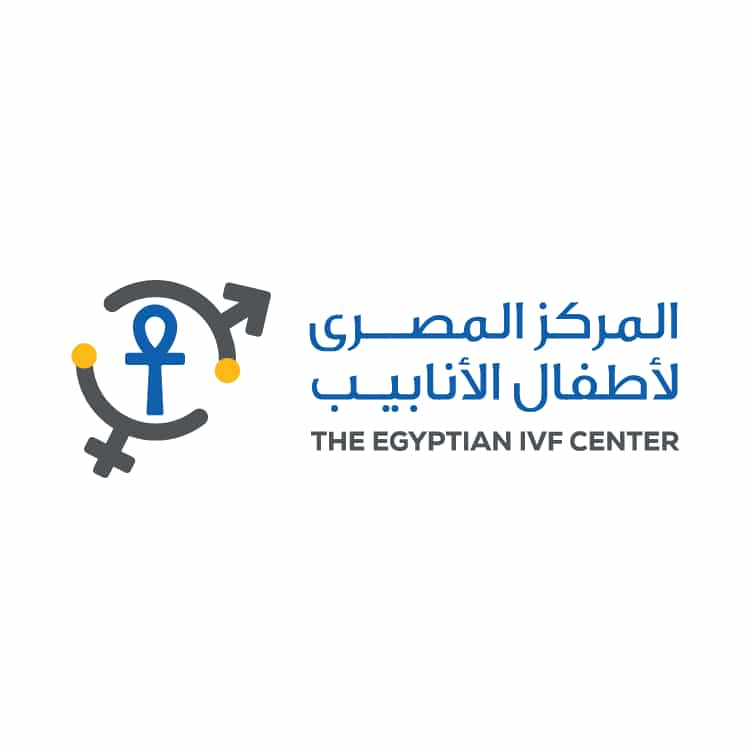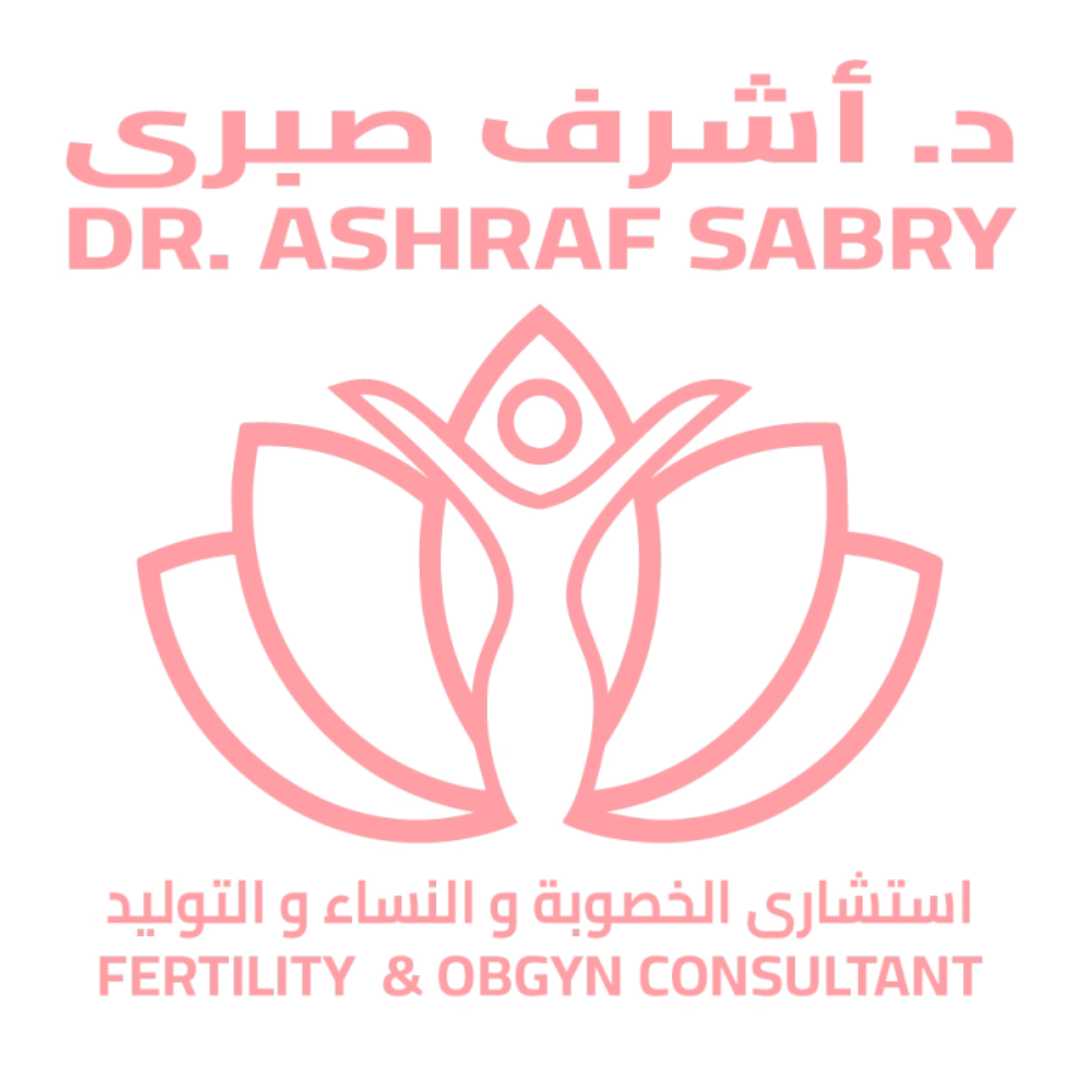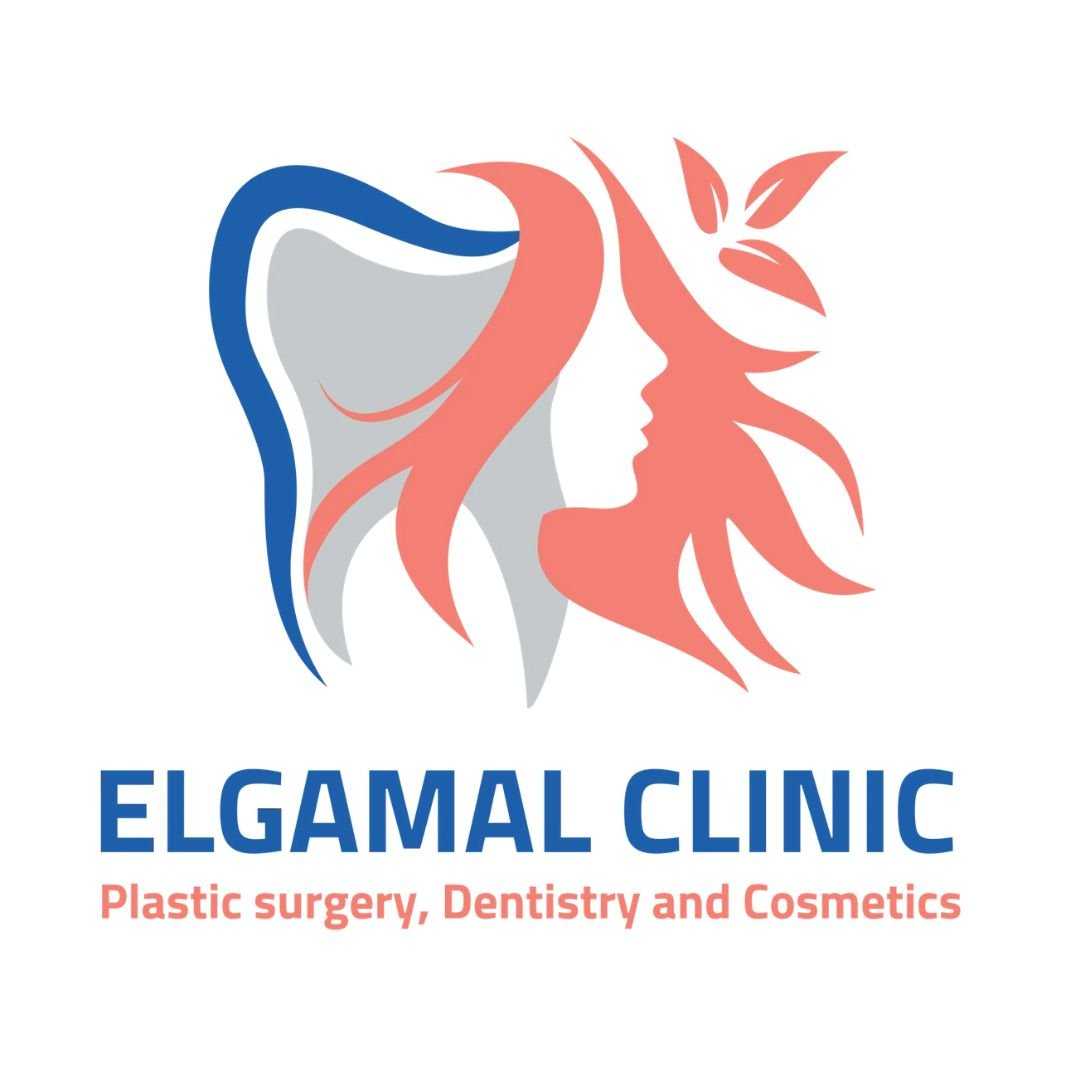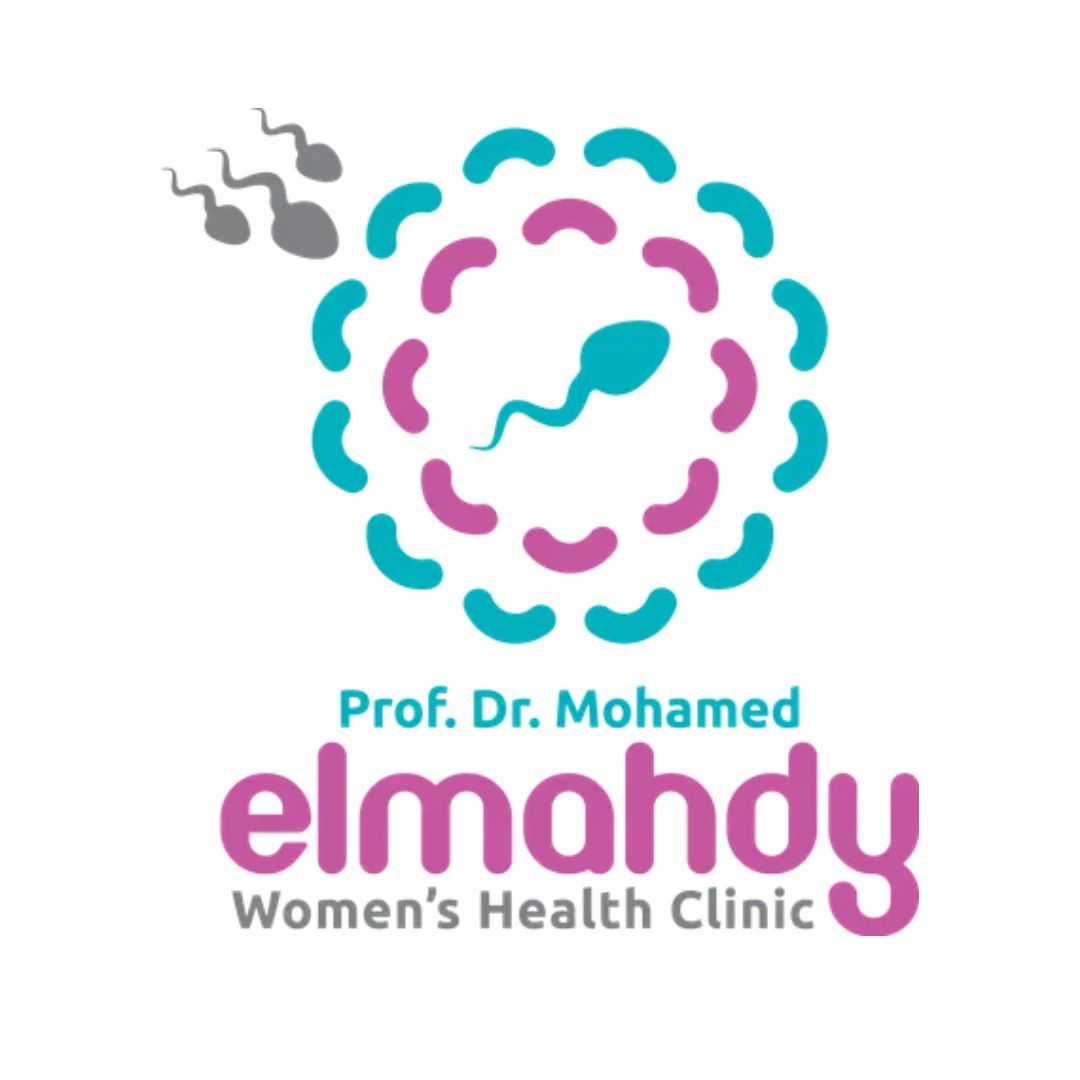Gender Selection in Egypt: Legal Insights & Cost Guide

This guide will walk you through everything you need to know about the legality, methods, costs, and cultural context of gender selection in Egypt, providing clear and detailed answers to the most pressing questions. Whether you are considering gender selection for family balancing or for medical reasons to prevent the transmission of sex-linked genetic diseases, understanding the landscape in Egypt is crucial for making an informed decision.
Is gender selection legal in Egypt for medical and non-medical reasons?
-
Medical Reasons: When there's a risk of transmitting a sex-linked genetic disorder (e.g., Duchenne muscular dystrophy, hemophilia, which predominantly affect males), gender selection is fully supported as a preventative medical measure. This ensures the health and well-being of the future child.
-
Non-Medical Reasons (Family Balancing): This is the most common reason individuals and couples seek gender selection in Egypt. Many families desire to have children of both sexes, particularly if they already have several children of one gender. This is seen as a way to complete their family in a personally and culturally satisfying manner.
What is the cost of gender selection in Egypt?
Here's a breakdown of what might influence the cost:
-
Clinic Reputation and Location: Premier clinics in major cities like Cairo might have slightly higher costs due to their advanced facilities and renowned specialists.
-
Number of IVF Cycles: The quoted price usually covers one IVF cycle. If multiple cycles are needed to achieve a successful pregnancy, the total cost will increase.
-
Additional Procedures:
-
Medications: While some packages include standard IVF medications, specialized or additional medications might incur extra costs.
-
Embryo Freezing (Cryopreservation): Freezing any surplus healthy embryos for future use will be an additional charge, often with annual storage fees.
-
Advanced Genetic Testing: If you opt for more comprehensive genetic screening beyond just gender (e.g., PGT-A for chromosomal abnormalities), this will add to the overall expense.
-
Compared to countries like the USA, where IVF with PGT can exceed $20,000, or even some European countries, Egypt offers a highly competitive and accessible option for gender selection.
What is the success rate of gender selection in Egypt?
The overall success of achieving a pregnancy depends on factors similar to standard IVF, including:
-
Female Age: Younger patients generally have higher IVF success rates due to better egg quality.
-
Ovarian Reserve and Egg Quality: The number and quality of eggs retrieved during the IVF cycle are crucial.
-
Sperm Quality: The health and quality of the sperm used for fertilization.
-
Embryo Quality: The development of healthy, viable embryos after fertilization.
-
Uterine Receptivity: The ability of the uterus to accept and sustain the embryo.
Many top Egyptian fertility clinics boast success rates for IVF procedures that are on par with, or even exceed, those of major centers in the US and Europe. This indicates their commitment to advanced laboratory techniques and experienced medical teams.
What is the typical timeline for IVF with gender selection in Egypt?
-
Initial Consultation and Testing (1-2 weeks): This involves comprehensive medical assessments for both partners, including blood tests, hormone evaluations, and ultrasound scans for the female, and semen analysis for the male. This can often be initiated remotely for international patients.
-
Ovarian Stimulation (10-14 days): The female patient undergoes daily hormone injections to stimulate the ovaries to produce multiple eggs. Regular monitoring (ultrasounds and blood tests) ensures optimal egg development.
-
Egg Retrieval and Fertilization (1 day): Once the eggs are mature, they are retrieved in a minor surgical procedure. The retrieved eggs are then fertilized with sperm in the laboratory (often using ICSI for optimal fertilization).
-
Embryo Culture and Biopsy (5-7 days): The fertilized eggs develop into embryos. After reaching the blastocyst stage (around day 5-7), a few cells are carefully biopsied from each embryo for PGT.
-
PGT Analysis and Results (1-2 weeks): The biopsied cells are sent to a specialized genetics lab for analysis to determine the gender and screen for chromosomal abnormalities. During this period, the embryos are typically frozen (vitrified).
-
Embryo Transfer (1 day): Once the PGT results are available, healthy embryos of the desired gender are selected. The recipient's uterus is prepared with medication, and the chosen embryo(s) are transferred. This is usually a frozen embryo transfer (FET) due to the time needed for PGT results.
-
Pregnancy Test (approx. 10-14 days after transfer): A blood test is performed to confirm pregnancy.
For international patients, factoring in travel to Egypt for the main treatment phases (egg retrieval and embryo transfer) is essential. Many clinics are experienced in coordinating cycles for patients from abroad, often allowing for initial consultations and some monitoring to be done in their home country.
How does the cost of donor egg IVF in Egypt compare to other countries?
-
USA: A full IVF cycle with PGT for gender selection can range from $20,000 to $30,000 or even more, making it one of the most expensive options globally.
-
UK/Australia/Canada: In these countries, elective gender selection for non-medical reasons is often not permitted, or the costs for general IVF procedures are considerably high, ranging from $10,000 to $15,000 or more per cycle, excluding specific PGT for gender.
-
Other European Countries (e.g., Cyprus): While some European countries offer gender selection, their costs typically range from $6,000 to $10,000, still higher than what you would generally find in Egypt.
Egypt's competitive pricing is attributed to a lower cost of living, lower overheads for medical facilities, and a different healthcare economic model, allowing clinics to offer advanced treatments at a fraction of the price found in many other nations.
What qualifications should I look for in an IVF clinic in Egypt?
-
Accreditation and Licensing: Ensure the clinic is officially licensed by Egyptian health authorities and ideally holds international accreditations, indicating adherence to global standards.
-
Experienced Specialists: Look for fertility doctors (reproductive endocrinologists) with extensive experience in IVF, ICSI, and particularly in PGT. Research their credentials, publications, and success rates.
-
State-of-the-Art Laboratory: The quality of the embryology lab is critical for IVF and PGT success. Verify that the clinic has advanced equipment for embryo culture, biopsy, and cryopreservation. Inquire about their PGT technology (e.g., NGS - Next Generation Sequencing).
-
Transparent Pricing: The clinic should provide a clear, itemized breakdown of all costs, including potential additional fees, to avoid surprises.
-
International Patient Support: For those traveling from abroad, dedicated international patient coordinators who assist with logistics, communication, accommodation, and travel arrangements are invaluable.
-
Patient Reviews and Testimonials: Check independent reviews and success stories from previous international patients to gauge their experience and satisfaction.
Are there any age restrictions for recipients undergoing IVF with donor eggs in Egypt?
Regarding age, for women using their own eggs, clinics evaluate individual health and ovarian reserve. While there isn't a fixed legal upper age limit, clinics will assess:
-
Overall Health: The recipient must be medically fit to carry a pregnancy.
-
Ovarian Reserve: The quality and quantity of a woman's eggs naturally decline with age. IVF success rates decrease significantly for women over 40-42.
-
Clinic's Internal Policies: Each clinic may have its own age guidelines based on its medical protocols and success rate objectives.
Therefore, while no explicit legal age restriction exists for recipients of IVF using their own gametes in Egypt, clinical judgment and the woman's biological capacity play a significant role.
What support is available for international patients undergoing fertility treatment in Egypt?
-
Dedicated International Patient Coordinators: These professionals act as a single point of contact, guiding patients through every step, from initial inquiry to post-treatment follow-up. They help with scheduling appointments, explaining procedures, and addressing concerns.
-
Language Support: Clinics often have staff proficient in English, Arabic, and sometimes other languages, ensuring clear communication throughout the process.
-
Travel and Accommodation Assistance: Many clinics assist with booking flights, arranging airport transfers, and recommending suitable accommodation options near the clinic.
-
Remote Consultations: Initial consultations and some follow-up can often be done virtually, minimizing the need for extended stays or multiple trips.
-
Visa Support: While patients are responsible for their visas, clinics may provide invitation letters or necessary documentation to aid the visa application process.
-
Cultural Sensitivity: Clinics are generally aware of and respectful of diverse cultural backgrounds and religious considerations.
What is the difference between fresh and frozen embryo transfer cycles in gender selection in Egypt?
-
Fresh Embryo Transfer: In a fresh cycle, eggs are retrieved, fertilized, and the resulting embryos are transferred to the uterus within 3 to 5 days. This approach does not allow for Preimplantation Genetic Testing (PGT) because the results take a week or two to process. Therefore, fresh embryo transfers are not used for gender selection.
-
Frozen Embryo Transfer (FET): This is the standard approach for gender selection in Egypt (and globally). After egg retrieval and fertilization, the embryos are cultured to the blastocyst stage. A small biopsy is taken from each embryo and sent for PGT. While waiting for the genetic results, all viable embryos are cryopreserved (frozen). Once the PGT results identify the desired gender and confirm chromosomal health, the chosen embryo(s) are thawed and transferred to the recipient's uterus in a subsequent cycle, when her uterine lining has been optimally prepared.
The FET approach ensures that only embryos of the desired gender and those free from detectable chromosomal abnormalities are transferred, maximizing both the gender selection accuracy and the chances of a healthy pregnancy.
How do I prepare for my IVF with gender selection journey to Egypt?
-
Medical Preparation:
-
Compile Medical History: Gather all relevant past medical records, including fertility treatments, surgeries, and diagnostic test results.
-
Preliminary Testing: Your chosen clinic may request specific blood tests and diagnostic scans to be completed in your home country before you travel.
-
Lifestyle Adjustments: Maintain a healthy diet, avoid smoking and excessive alcohol, and take recommended supplements (like folic acid) to optimize your health.
-
-
Travel and Logistics:
-
Visa Requirements: Research and obtain the necessary visa for medical treatment in Egypt well in advance.
-
Flights and Accommodation: Book flights and accommodation. Many clinics offer assistance with this. Consider staying near the clinic for convenience.
-
Budgeting: Factor in the treatment costs, medications, travel, accommodation, and living expenses.
-
Communication: Confirm how you will communicate with the clinic (e.g., WhatsApp, email) and consider a local SIM card upon arrival.
-
-
Emotional and Psychological Preparation:
-
Manage Expectations: Understand that while gender selection is highly accurate, IVF success rates vary, and not all cycles result in a live birth.
-
Support System: Discuss your plans with your partner, family, or a trusted friend for emotional support.
-
Stress Reduction: Practice relaxation techniques or engage in activities that help you manage stress.
-
What are the ethical considerations of gender selection in Egypt?
-
Religious Permissibility: The dominant ethical framework in Egypt is rooted in Islamic teachings. While some conservative interpretations might view gender selection as interfering with divine will, many influential Islamic scholars and institutions (like Al-Azhar) have issued fatwas (religious edicts) that permit gender selection for medical reasons (preventing genetic diseases) and for family balancing, as long as it occurs within a legitimate marriage and involves no third-party gametes.
-
Family Balancing vs. Gender Bias: The primary justification for non-medical gender selection is often "family balancing." However, there's an underlying concern in some cultures about potential gender bias, where a strong preference for one sex could lead to societal imbalances. Egyptian clinics, however, generally frame the procedure as fulfilling a family's desire for a balanced family structure rather than promoting gender discrimination.
-
Embryo Disposition: The fate of unused embryos is another ethical consideration. Clinics adhere to guidelines that usually permit the freezing of excess healthy embryos for future use by the same couple. Research on embryos is tightly regulated.
-
Informed Consent: Ethical practice demands that clinics provide comprehensive information to intended parents, ensuring they fully understand the procedures, success rates, risks, and ethical implications before proceeding with gender selection.
Ready to take the next step toward building your family with gender selection in Egypt? PlacidWay can connect you with Egypt's leading fertility clinics that specialize in gender selection for international patients. Contact us today for a free, personalized quote and start your journey with confidence.


.png)













Share this listing